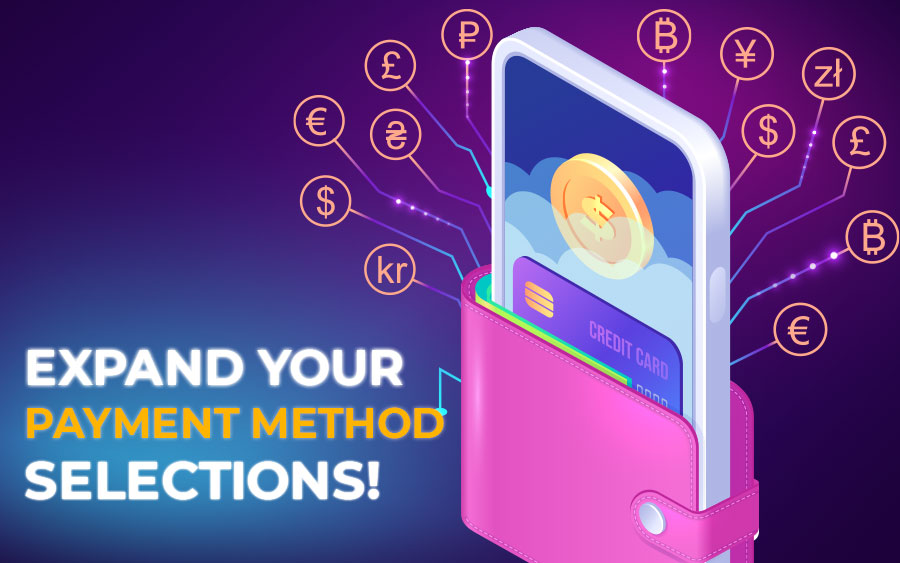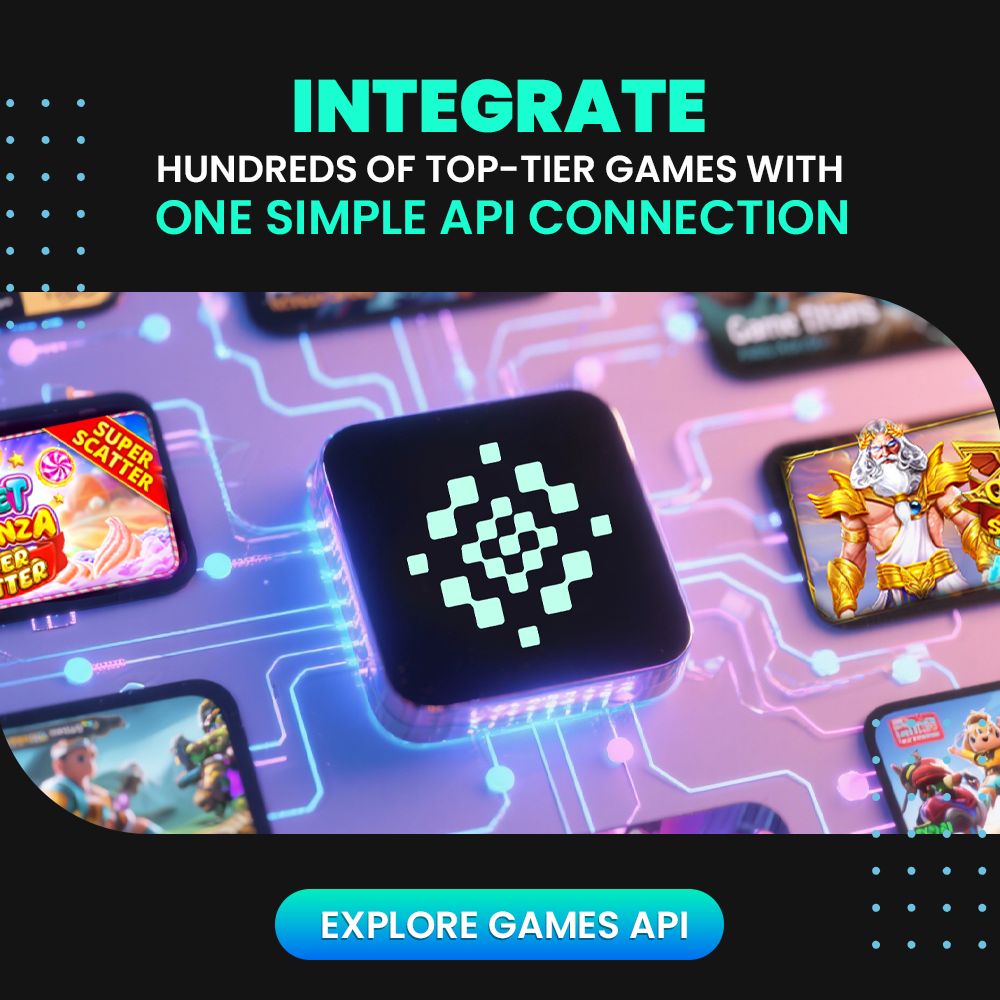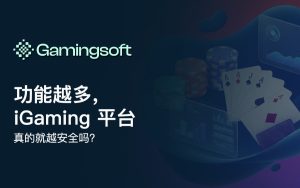The online gambling industry depends on trust — not only in game fairness but also in how money moves between players and operators. Every deposit, bet, and withdrawal must be processed quickly and securely across multiple regions and currencies. That’s why the payment gateway for online gambling business has become a cornerstone of modern iGaming operations.
According to the “iGaming Payments Report 2025” by Gambling IQ, more than 70 percent of players rank payment experience as a key factor in choosing an operator. Delayed or declined transactions lead directly to player churn. For operators, a reliable gateway is not only about convenience — it’s the backbone of compliance, security, and brand reputation.
The Role of Payment Gateway in iGaming
A payment gateway acts as the digital bridge between the player’s preferred payment method and the operator’s merchant account. It authenticates card or wallet details, checks available funds, communicates with issuing banks, and finalizes the transfer — all within seconds.
For iGaming companies, that process isn’t as simple as in e-commerce. Gambling transactions are often flagged as high-risk. Gateways must validate user identity, detect fraudulent activity, and comply with regional regulations simultaneously.
Modern gateways also handle smart routing — automatically redirecting payments to the most efficient acquiring bank if one route fails. This ensures uptime and reduces decline rates. In short, the gateway serves as both cashier and compliance shield for any gaming platform.proceed with the transactions.
Challenges in Online Gambling Transactions
Running a gambling business online means facing constant scrutiny from banks, regulators, and players alike. Three challenges stand out:
1. High-Risk Merchant Category
Most financial institutions classify online gambling as high-risk. That makes acquiring partners harder to find and transaction fees higher. Gateways specifically designed for iGaming must therefore prove strong fraud controls and chargeback management.
2. Regulatory Complexity
Different jurisdictions follow different financial and gambling laws. A single operator might serve players from Europe, Southeast Asia, and Latin America — each with its own KYC and AML requirements. Gateways that integrate these checks at transaction level save enormous operational cost.
3. Chargebacks and Fraud
Unauthorized transactions, friendly fraud, and account takeovers can cripple operator margins. The “iGaming Financial Institution” Report by KPMG (2024) notes that nearly one-fifth of payment losses in regulated markets stem from chargebacks. Advanced fraud-detection systems using machine learning can reduce this ratio by up to 40 percent in high-volume operations.
By addressing these issues through specialized gateways, operators can maintain smoother cash flow while satisfying regulatory scrutiny.
Features of an Effective iGaming Payment Gateway
Not every payment processor suits gambling platforms. The ideal iGaming payment gateway combines technical flexibility with compliance readiness. Below are the must-have capabilities:
A. Multi-Currency & Multi-Language Support
A successful operator attracts players from multiple regions. Gateways must process transactions in USD, EUR, THB, IDR, and even cryptocurrency, converting seamlessly without extra latency.
B. Dynamic Fraud Detection
AI-driven systems analyze behavioral patterns across player accounts to flag anomalies in real time. Unlike manual reviews, these systems learn continuously from chargeback data, reducing false positives.
C. Flexible API Integration
Developers need clean documentation and sandbox environments. The gateway should integrate effortlessly into casino, sportsbook, or poker platforms without rewriting core code.
D. Real-Time Reporting
Operators rely on up-to-the-minute dashboards that display approval rates, average transaction values, and failure reasons. This transparency supports both accounting and marketing teams.
GamingSoft’s own Payment Gateway exemplifies these traits with a modular API that connects directly to operators’ back ends. Integration can be completed in days, not weeks — minimizing downtime and maximizing scalability.
For technical considerations before choosing providers, explore “How to Choose an iGaming Payment Gateway“.

Popular Payment Methods in Online Gambling
Players expect flexibility in how they fund and cash out their gaming accounts. A diverse set of methods enhances satisfaction and conversion:
A. Credit & Debit Cards
Still dominant in mature markets. Visa and Mastercard remain the default for casual players due to convenience.
B. E-Wallets
Solutions like Skrill and Neteller allow instant deposits and faster withdrawals while adding a privacy layer between the player and the operator.
C. Bank Transfers
Trusted by high-value customers and markets with tighter card regulations. Integration with local banks builds credibility.
D. Cryptocurrency
Bitcoin and USDT are now mainstream for borderless payments, enabling near-instant settlements and lower fees.
The “AGA Payment Choice“ study by the American Gaming Association revealed that over 60 percent of players prefer digital over cash transactions in casinos. The same trend applies online: players reward operators that support multiple digital options and instant withdrawals.
By aligning available methods with player demographics, operators can drastically reduce abandonment during the deposit stage.
Compliance and Licensing: Why It Matters for Operators
In the iGaming world, compliance is not a suggestion — it’s a survival mechanism. Each transaction must pass through strict legal frameworks designed to prevent money laundering, protect consumers, and ensure transparency. A single breach can lead to heavy penalties or even license suspension.
A reliable payment gateway must therefore function as both a financial tool and a compliance partner. It should automatically verify player identity (KYC), screen transactions for suspicious patterns (AML), and record data for audits. This process keeps operators aligned with global regulatory expectations such as the EU’s Fifth Anti-Money Laundering Directive (5AMLD).
The “iGaming Financial Institution” report by KPMG (2024) emphasizes that integrating compliance modules within payment systems significantly reduces operational risk. Instead of adding manual reviews, gateways can automate checks at transaction level — improving both speed and accuracy.
Beyond legality, compliance also strengthens player trust. When users see recognized verification steps or approved banking partners, they feel safer depositing larger sums. That psychological reassurance directly impacts retention and lifetime value.
For smaller brands or startups, this challenge can be overwhelming. That’s where white-label and turnkey solutions help. By adopting pre-licensed infrastructures, new operators can enter regulated markets faster while maintaining credibility. For a deeper understanding, see “The Advantages and Market Trends of White Label Solutions“.
How to Integrate Payment Gateways into Your iGaming Platform
Integrating a payment gateway into an iGaming platform may seem technical, but with the right approach it becomes a strategic move that defines your customer experience.
1. Evaluate Platform Architecture
Each platform — whether custom-built or white-label — has unique backend requirements. The integration must ensure compatibility with wallet systems, player management tools, and KYC modules.
2. Secure API Implementation
Gateways that offer RESTful APIs and tokenized credentials simplify integration. Using encrypted connections (HTTPS + TLS 1.3) ensures that no sensitive card data touches your server, keeping you PCI-DSS compliant.
3. Test for Real-World Scenarios
Before going live, simulate both successful and failed transactions. Operators must confirm how refunds, chargebacks, and partial payments behave in production.
4. Optimize UX Flow
Payment steps should feel seamless. Players should never need to leave your platform interface — all authentication and approvals should occur within embedded forms or modals.
5. Monitor & Iterate
After launch, continuous monitoring is key. Real-time analytics identify failed transactions, latency spikes, or specific countries with higher decline rates. These insights allow proactive fixes before players notice issues.
A well-integrated gateway transforms payments from a back-office concern into a competitive advantage. With GamingSoft’s ecosystem, operators can link the gateway directly to CRM tools and marketing analytics — allowing financial and behavioral data to drive acquisition campaigns.
You can read how this synergy works in “White Label and Turnkey Casino: The Perfect Software and Business Solutions“.
Future of Payment Gateways in the Gambling Industry
As digital entertainment evolves, so do payment technologies. Insights from the “iGaming Payments Report 2025” by Gambling IQ outline several transformative trends shaping the next era of iGaming transactions:
1. Artificial Intelligence in Risk Scoring
AI will soon become standard in monitoring player payments. By combining transactional data with behavioral metrics, AI engines can predict suspicious activity before fraud occurs.
2. Instant Payout Infrastructure
Players increasingly expect withdrawals to arrive within minutes, not days. Gateways are integrating with real-time banking networks to enable instant settlements — especially in Europe and Asia.
3. Cross-Border Optimization
Global operators struggle with fluctuating FX rates and routing inefficiencies. Modern gateways use smart routing algorithms that evaluate exchange fees and approval probabilities dynamically, lowering cost per transaction.
4. Regulatory Automation
Compliance updates will no longer rely on manual patches. Gateways will synchronize automatically with regulatory databases, adjusting transaction rules when new jurisdictions change their policies.
5. Integration with Open Banking
Open Banking APIs are revolutionizing financial transparency. For iGaming, this means faster KYC verification, reduced card fees, and direct access to verified banking data — all with player consent.
According to the “AGA Payment Choice” study, over half of U.S. casino operators plan to implement cashless payment options by 2026. The study shows a clear correlation between digital payment adoption and improved customer retention. For online platforms, this means payment innovation isn’t optional — it’s the next growth lever.
Build a Secure and Scalable iGaming Payment Ecosystem
A strong payment infrastructure defines how far an iGaming brand can scale. It affects not just transactions, but every key business metric: conversion, retention, and lifetime value.
With GamingSoft Payment Gateway, operators gain a comprehensive ecosystem tailored for iGaming. The system supports multi-currency transactions, advanced fraud filters, and compliance modules built for global jurisdictions. Each API endpoint is optimized for speed and stability — delivering near-instant authorization even during high-traffic periods.
Beyond technology, GamingSoft acts as a strategic partner. Our experts assist in banking negotiations, licensing processes, and financial compliance audits. This end-to-end service helps operators maintain efficiency across both front-end experience and back-office control.
Discover how our Online Casino Payment Gateway Service can transform your payment operations into a competitive advantage. From Asia to Europe, we deliver the infrastructure that powers sustainable, compliant, and profitable growth.
Conclusion — Driving Business Growth Through Payment Innovation
Payment gateways are no longer invisible tools. They’ve evolved into strategic enablers that shape both player experience and operator profitability.
A well-chosen gateway ensures frictionless deposits, real-time withdrawals, and total regulatory confidence. It also provides the data foundation that fuels marketing campaigns, player segmentation, and retention modeling.
By adopting advanced systems such as GamingSoft’s Payment Gateway, online gambling operators can expand into new markets confidently, streamline compliance processes, and strengthen financial security. In a landscape where every transaction counts, the right payment infrastructure is not just support — it’s the engine of growth for your entire iGaming business.
FAQ About Payment Gateway for Online Gambling Business
What makes iGaming payment gateways different from normal online payment systems?
iGaming gateways handle high-risk, high-volume transactions while complying with strict gambling regulations. They include built-in KYC, AML, and fraud prevention features that standard processors lack.
How do payment gateways help iGaming operators stay compliant with regulations?
They integrate automated checks aligned with licensing bodies and financial regulators. Each transaction is screened for AML/KYC compliance, ensuring operators meet international legal standards.
What currencies and payment methods are supported by iGaming gateways?
Top gateways process major fiat currencies (USD, EUR, THB, IDR) and also support digital assets like Bitcoin or USDT. They’re optimized for regional wallets and instant bank transfers.
How can payment data improve casino marketing performance?
Aggregated transaction data helps identify player segments, high-value users, and churn patterns. When linked with CRM tools, it supports targeted promotions and retention campaigns.
Why should operators choose GamingSoft Payment Gateway over others?
GamingSoft offers an end-to-end gateway built for the iGaming sector — combining fraud detection, real-time analytics, multi-currency processing, and compliance automation under one API-based ecosystem.





